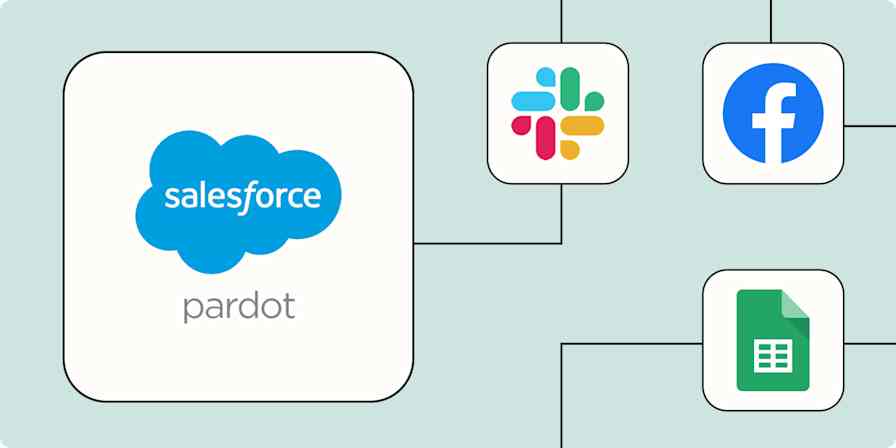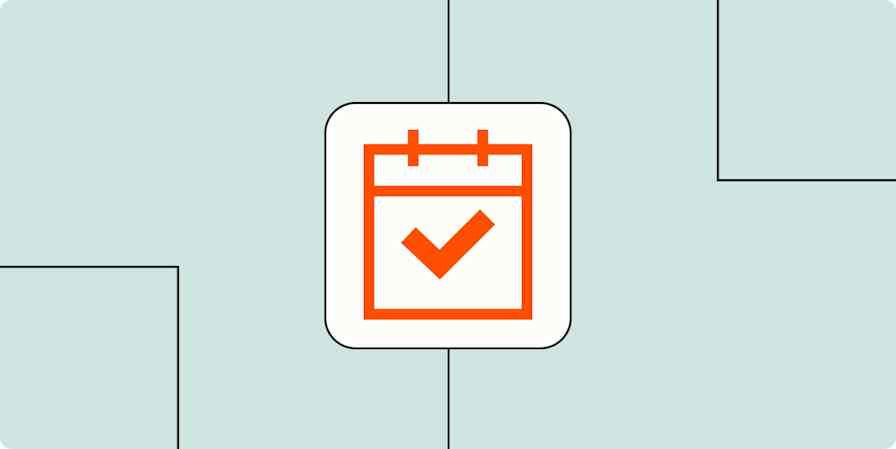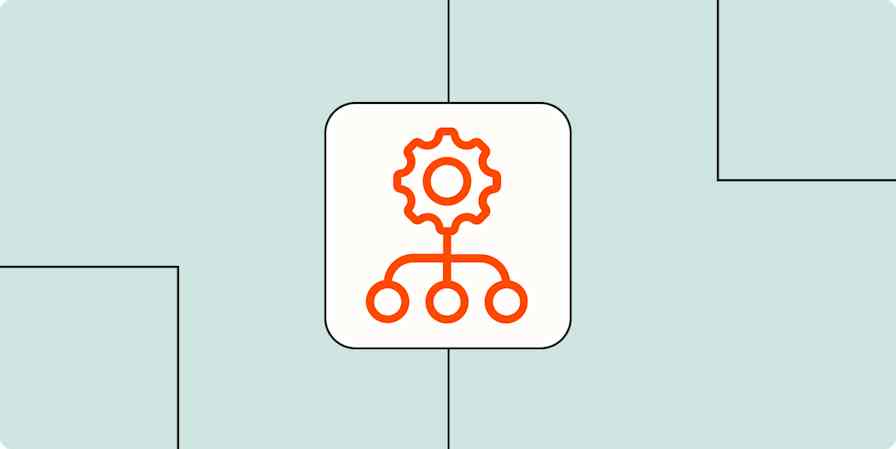Automation inspiration
4 min read4 ways to automate your marketing operations and processes
By Krystina Martinez · August 18, 2022

Get productivity tips delivered straight to your inbox
We’ll email you 1-3 times per week—and never share your information.
Related articles
Improve your productivity automatically. Use Zapier to get your apps working together.








